The Future Of Corporate Team-Building
By now, companies should be well aware of the importance and power of corporate team-building. Over the years, research has proven that corporate team-building is not just a theoretical or idealistic concept. It has emerged as a pivotal strategy employed by successful organisations to build teams that are highly engaged and highly effective.
As the future of work continues to evolve, what does that mean for the future of corporate team-building? Will it become obsolete or remain relevant amidst the inevitability of change?
Will corporate team-building become obsolete?
The answer to this is a resounding NO!
The future of work is an ever-changing landscape and has been evolving rapidly in recent years. With the rise of technology, automation, and remote working conditions, it would be easy to assume that corporate team-building will be rendered irrelevant because organisations now have bigger (and newer) "giants".
This is far from true. No matter what, corporate team-building will continue to lay the foundation and be a key pillar of any high-performing team.
Corporate team-building helps to foster collaboration between employees, creating a sense of unity within companies that encourages innovation and productivity. Additionally, it helps to strengthen relationships between colleagues so they can work more effectively together towards common goals. The ability to successfully collaborate with co-workers is just as essential in today's digital world as it was before – if not more so!
What does the future of corporate team-building look like?
Companies worldwide have had to adjust their strategies and practices in response to rapid technological change and changing employee expectations. However, questions remain about whether traditional models of team-building are still effective for modern teams.
What does the future really hold for corporate team-building? Can organisations continue to employ the same corporate team-building strategies that they are so used to?
Perhaps not. Many organisations are no longer reaping the same "growth" or "reward" from their corporate team-building initiatives in this ever-evolving landscape of work. They are beginning to recognise that the way of conducting corporate team-building that they've grown accustomed to is no longer going to cut it.
To remain relevant and meet the changing needs emerging with the future of work, it is imperative for corporate team-building strategies and programs to adapt accordingly.
How should corporate team-building remain relevant?
As businesses and organisations attempt to keep up with the changing times, they must consider how their corporate team-building strategies can adapt to meet this new reality.
Gone are the days of traditional corporate team-building activities. While they have been effective in helping organisations foster collaboration and trust among their employees, they may not be enough to remain relevant in the future of work.
The key to successful corporate team-building lies in their ability to provide meaningful experiences that equip employees with skills for working together effectively. To make their programs relevant in the future of work, organisations must focus on providing opportunities for learning and growth that are tailored to each individual employee. This will help them develop specific competencies related to teamwork as well as provide a sense of purpose that sets them up for success.
Final Thoughts
Come what may, corporate team-building will continue to remain a relevant and valuable tool to prepare organisations for the future of work, as long as it doesn't stay stagnant.
As the world of work continues to evolve, it is important for us to adapt our corporate team-building strategies and activities to remain relevant. Doing so will guarantee that our teams remain cohesive and motivated, even in this ever-changing environment.
So don't just accept the status quo; challenge yourself to think innovatively and seek out ways to promote collaboration and camaraderie among your teams.
If you’re wondering how to prepare your organisation for the future of corporate team-building (whether you’re in Singapore or in the region), we speciailse in that: drop us an enquiry and we’ll be in touch!
Written by Rachel Chai
Connectedness • Empathy • Strategic • Belief • Context
Rachel is a Strengths School™ Certified Strengths Trainer and the Content Lead at Strengths School™. Being deeply introspective, she believes in helping others draw connections between how their unique strengths play out in their lives.
We are corporate team-building specialists based in Singapore, equipping in-person, virtual, and hybrid teams with practical tools to maximise collaboration and minimise conflict. Trusted by 600+ teams globally, our proven track record showcases our expertise in helping teams achieve their corporate team-building objectives.



